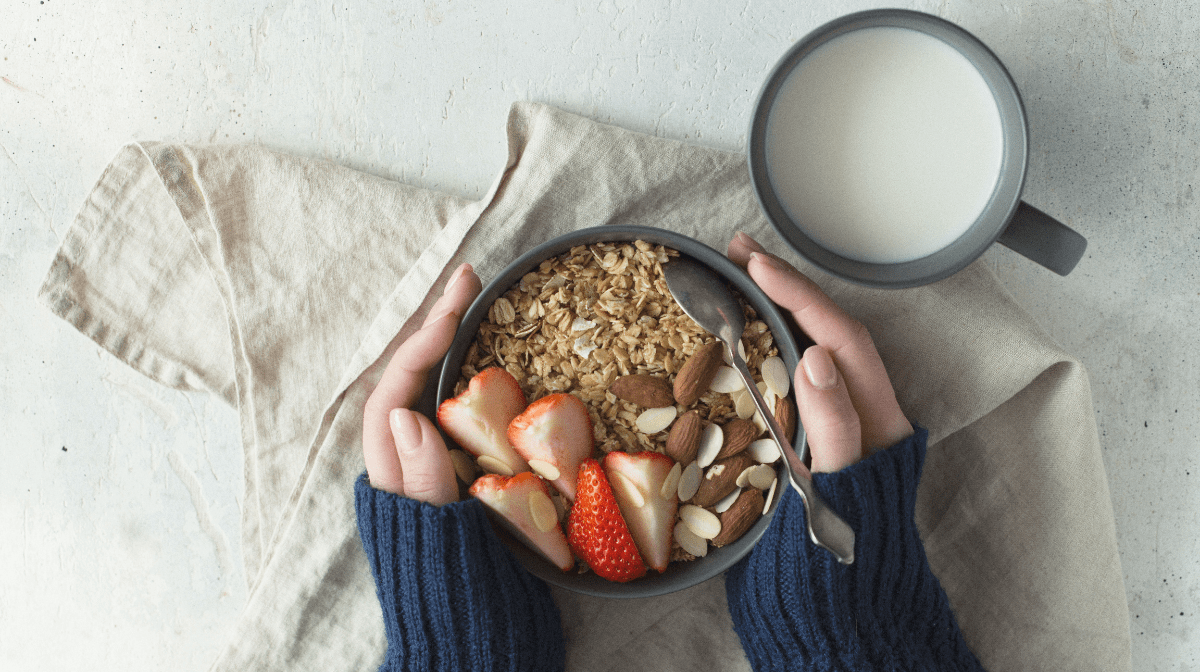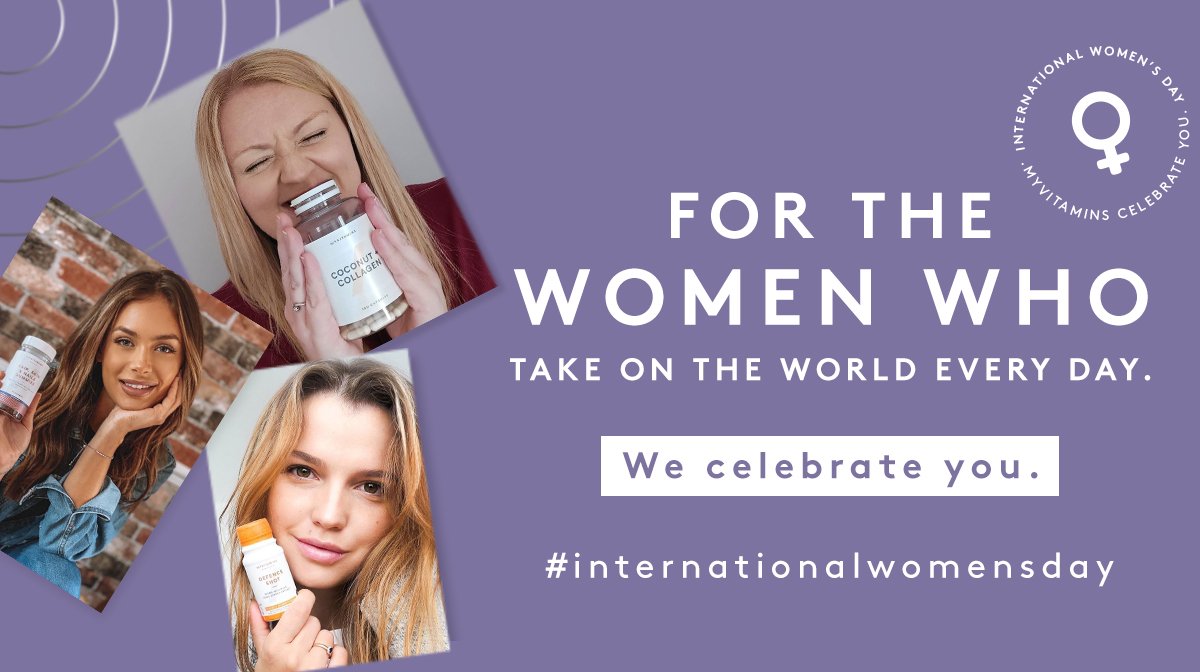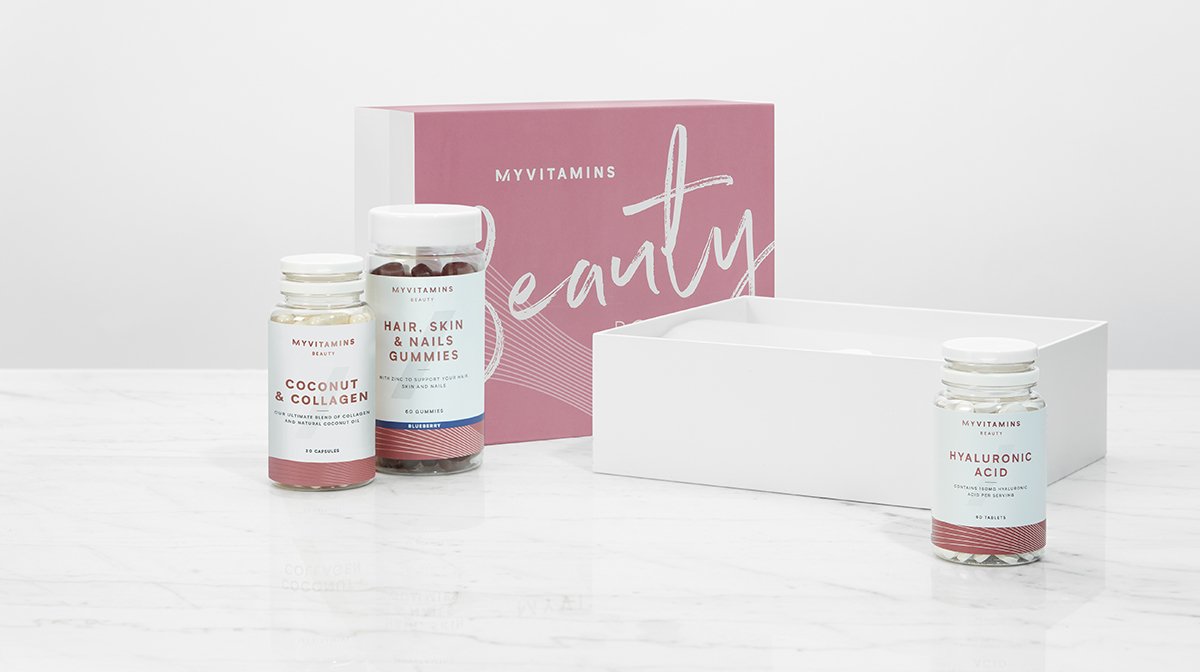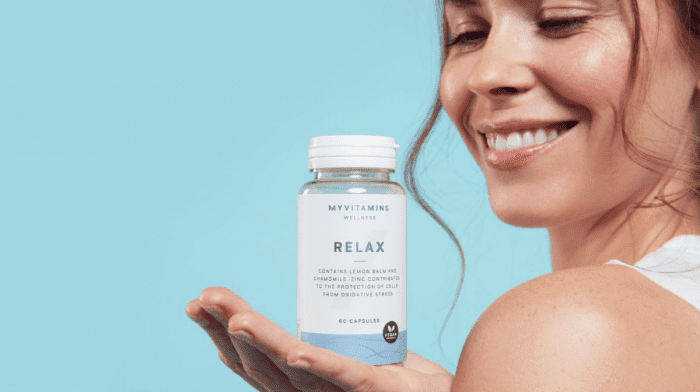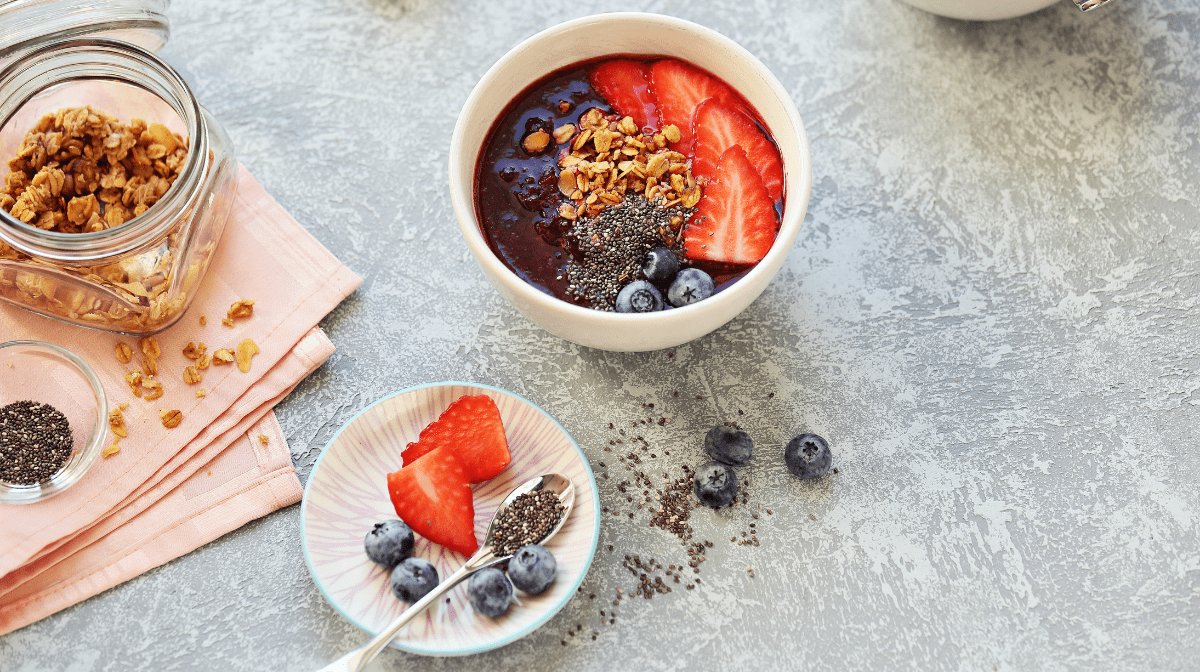With an estimated 75% of females suffering from PMS, (1) there is often lots of confusion around how to manage symptoms. Surprisingly, nutrition has a large part to play in this. Here’s everything you need to know.
What Is PMS?
Premenstrual Syndrome, otherwise known as ‘PMS’, is a collection of symptoms that occur in the weeks leading up to a woman’s period. The symptoms that are experienced are thought to be linked to fluctuating hormone levels, however the exact mechanism is unknown. These hormones include oestrogen, progesterone, LSH and FSH.
Symptoms Of PMS:
- Headaches
- Mood swings
- Feeling upset, anxious or irritable
- Tiredness or trouble sleeping
- Bloating or tummy pain
- Spotty skin or greasy hair
There is also a more extreme form of PMS, known as premenstrual dysphoric disorder. This causes more severe symptoms such as severe anxiety, depression and irritability. If you suspect you have this, it is advisable that you visit your GP.
Nutrition, Lifestyle & PMS
As with all aspects of our health, our nutrition and lifestyle choices can impact normal hormone balance. Here’s some simple tips for reducing PMS symptoms:

Weight
It is advisable to maintain a healthy body weight, as being overweight or underweight can affect our hormone levels. A healthy weight is classified as a BMI between 18.5-24.9. A BMI under 18.5 is underweight and 25 and over is overweight.
Maintaining a healthy body weight may be important for preventing the development of PMS. (2) If you are unsure whether you are a healthy weight or not, you can use the NHS BMI calculator here (3) or visit your GP or nurse for a health check-up.
Exercise
Exercise can be an effective treatment for PMS. (4) Any type of regular exercise is advisable. Even if you don’t have time for an intense workout, a 10-15 minute walk could be beneficial.
Yoga in particular can be helpful in reducing PMS symptoms. (5) As well as having a positive effect upon our physical health, exercise can help to lift our mood and reduce bloating.
Nutrition
Nearer the time of our period or when we are experiencing PMS symptoms, we can aim to eat smaller and more frequent meals to reduce bloating. Consuming whole grain carbohydrates rather than refined carbohydrates (such as white bread, and foods high in sugar), can help us maintain our blood sugar levels. This can help to keep our energy levels stable which can prevent us from overeating.

Vitamins & Minerals
Calcium & Vitamin D
There are no magic nutrients that can cure PMS. However, there is some research to suggest that vitamins such as vitamin D and calcium may relieve some of the symptoms. 6
Some studies have shown that calcium and vitamin D levels are decreased during the luteal phase of the menstrual cycle. This can exacerbate symptoms of PMS causing depression, hallucinations and restlessness. 6
In the UK it is recommended that everyone takes a 10mcg vitamin D supplement between October and March as we get insufficient amounts of vitamin D from our food. Thirty minutes of sunshine per day in the summer months will allow us to make adequate amounts of vitamin D. Your GP can check your vitamin D levels through a blood test if you are worried.
Vitamin B6
In the 1990s, a systematic review suggested that doses of vitamin B6, up to 100 mg/day, were likely to be of benefit in treating premenstrual symptoms and premenstrual depression. (7) The results of this study have been reconfirmed more recently, with a study suggesting that vitamin B6 is a beneficial treatment of PMS. (8) Foods high in vitamin B6 include pork, poultry, some fish, milk and some fortified breakfast cereals.
There is some, albeit limited, evidence to suggest that some women with PMS may have higher levels of some inflammatory parameters suggesting lower antioxidant status. (9) While more research is required to understand this link, aiming to consume over five portions of fruit and vegetables per day can help promote antioxidant status . This can be beneficial for PMS as well as general health.
Zinc
Women suffering from PMS have been shown to have significantly lower serum zinc levels than normal. (10) Ensuring adequate consumption of zinc containing foods could be beneficial.
Conclusion
PMS is largely influenced by natural hormonal fluctuations. Despite this, changes that we make to our activity, diet and lifestyle can help to better manage the symptoms of PMS. If you are affected by PMS, consider writing a food and lifestyle diary to see what changes you may be able to make to improve your symptoms.
- PMS (premenstrual syndrome) – NHS [Internet]. [cited 2021 May 25]. Available from: https://www.nhs.uk/conditions/pre-menstrual-syndrome/
- Bertone-Johnson ER, Hankinson SE, Willett WC, Johnson SR, Manson JE. Adiposity and the development of premenstrual syndrome. J Women’s Heal [Internet]. 2010 Nov 1 [cited 2021 May 25];19(11):1955–62. Available from: /pmc/articles/PMC2971655/
- BMI calculator | Check your BMI – NHS [Internet]. [cited 2019 Nov 25]. Available from: https://www.nhs.uk/live-well/healthy-weight/bmi-calculator/
- Pearce E, Jolly K, Jones LL, Matthewman G, Zanganeh M, Daley A. Exercise for premenstrual syndrome: A systematic review and meta-analysis of randomised controlled trials. BJGP Open [Internet]. 2020 Aug 1 [cited 2021 May 25];4(3). Available from: https://pubmed.ncbi.nlm.nih.gov/32522750/
- Vaghela N, Mishra D, Sheth M, Dani VB. To compare the effects of aerobic exercise and yoga on Premenstrual syndrome. J Educ Health Promot [Internet]. 2019 Jan 1 [cited 2021 May 25];8(1). Available from: https://pubmed.ncbi.nlm.nih.gov/31867375/
- Abdi F, Ozgoli G, Rahnemaie FS. A systematic review of the role of vitamin D and calcium in premenstrual syndrome [Internet]. Vol. 62, Obstetrics and Gynecology Science. Korean Society of Obstetrics and Gynecology; 2019 [cited 2021 May 25]. p. 73–86. Available from: https://pubmed.ncbi.nlm.nih.gov/30918875/
- Wyatt KM, Dimmock PW, Jones PW, O’brien PMS. Efficacy of vitamin B-6 in the treatment of premenstrual syndrome: Systematic review. BMJ [Internet]. 1999 May 22 [cited 2021 May 25];318(7195):1375–81. Available from: /pmc/articles/PMC27878/
- Retallick-Brown H, Blampied N, Rucklidge JJ. A Pilot Randomized Treatment-Controlled Trial Comparing Vitamin B6 with Broad-Spectrum Micronutrients for Premenstrual Syndrome. J Altern Complement Med [Internet]. 2020 Feb 1 [cited 2021 May 25];26(2):88–97. Available from: https://pubmed.ncbi.nlm.nih.gov/31928364/
- Granda D, Szmidt MK, Kaluza J. Is premenstrual syndrome associated with inflammation, oxidative stress and antioxidant status? A systematic review of case-control and cross-sectional studies [Internet]. Vol. 10, Antioxidants. MDPI AG; 2021 [cited 2021 May 25]. Available from: /pmc/articles/PMC8070917/
- Jafari F, Tarrahi MJ, Farhang A, Amani R. Effect of zinc supplementation on quality of life and sleep quality in young women with premenstrual syndrome: a randomized, double-blind, placebo-controlled trial. Arch Gynecol Obstet [Internet]. 2020 Sep 1 [cited 2021 May 25];302(3):657–64. Available from: https://pubmed.ncbi.nlm.nih.gov/32514756/
